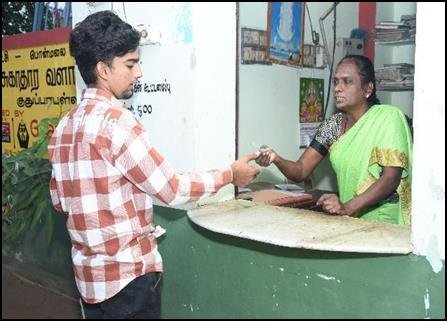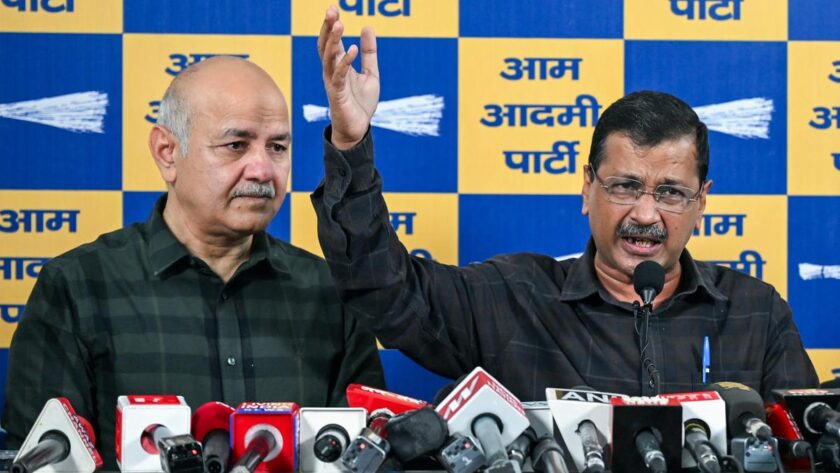Chennai: In the heart of Tamil Nadu’s bustling city, Tiruchirappalli, a remarkable transformation is unfolding. Beyond its famed temples and vibrant streets, Trichy is quietly revolutionizing urban sanitation. A pioneering model, community-managed toilets, has taken root in the city’s slums, empowering residents and creating a lasting impact.
The scenario here sharply contrasts with the typical narrative of slum life, often associated with poor hygiene and the lack of basic sanitation facilities. Instead, Tiruchirappalli’s slums offer a remarkable example of empowerment, cleanliness, and community cohesion. Over the years, nearly 400 community toilets have been constructed, of which 150 are managed by self-help groups (SHGs) organized into ‘Sanitation Hygiene Education’ (SHE) teams.
These teams, led by women from the local communities, have not only provided much-needed sanitation infrastructure but have also instilled a culture of cleanliness and self-reliance. What makes the model truly remarkable is its longevity and sustainability.
These toilets are more than just facilities, they represent the dignity of the urban poor and their commitment to maintaining their environment. By ensuring that toilets are properly used and maintained, the SHE teams have played a critical role in making Trichy an Open Defecation Free (ODF) city.
Building on stories like that of Tiruchirappalli, India is now marking the 10th anniversary of the Swachh Bharat Mission with the launch of the Swabhav Swachhata Sanskaar Swachhata (4S) campaign. Running from September 17 to October 2, 2024, this campaign is part of the annual Swachhata Hi Seva tradition, leading up to the grand observance of Swachh Bharat Diwas on Mahatma Gandhi’s birth anniversary. The campaign brings together communities, government, and stakeholders from all walks of life to celebrate a decade of remarkable progress in sanitation and cleanliness, while also pushing for new goals that focus on sustainability and behavioral change. The 4S campaign draws heavily from community-driven initiatives like those in Tiruchirappalli, where citizens, especially women, are at the forefront of the sanitation revolution. With the support of local government bodies, these campaigns emphasize hygiene education, zero-waste practices, and community ownership. Much like the SHE teams in Trichy, such efforts are fostering a sense of pride and accountability, ensuring that sanitation infrastructure is not only built but also sustained over the long term.

The Swachh Bharat Mission, both in its urban and rural avatars, has achieved staggering success in transforming India’s sanitation landscape. As of September 26, 2024, a remarkable 6,36,826 community and public toilets have been constructed under the SBM Urban initiative. Meanwhile, in rural areas, 2,42,072 Community Sanitary Complexes have been built, offering safe and hygienic facilities to countless individuals who previously had limited or no access to proper toilets.
These figures are more than just statistics, they represent millions of lives that have been positively impacted by improved sanitation. In places like Tiruchirappalli, these toilets are not just structures; they are symbols of a shift in mindset, where cleanliness is not merely a government directive but a way of life. For the women managing the SHE teams, this change has brought about more than improved health and hygiene, it has opened doors to employment opportunities, created safer spaces for their families, and fostered a sense of empowerment that goes far beyond the physical boundaries of their neighborhoods.
From children becoming ambassadors of change through peer engagement to women gaining employment and leadership roles Tiruchirappalli has set the tone for what is possible when communities take charge of their own cleanliness. The broader Swabhav Swachhata Sanskaar Swachhata (4S) campaign seeks to replicate such models across the country, ensuring that the gains of the past decade are not only maintained but also expanded to reach new heights.
As India prepares to celebrate Swachh Bharat Diwas in 2024, the story of Tiruchirappalli serves as a reminder that true change comes from within the community. By empowering individuals to take ownership of their environment, the Swachh Bharat Mission has done more than just build toilets, it has sparked a movement that continues to thrive, leaving behind a legacy of dignity, health, and hope.









